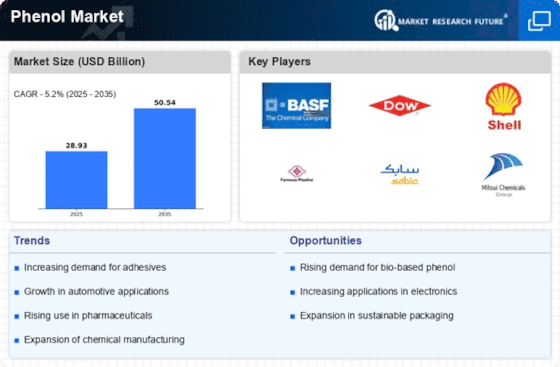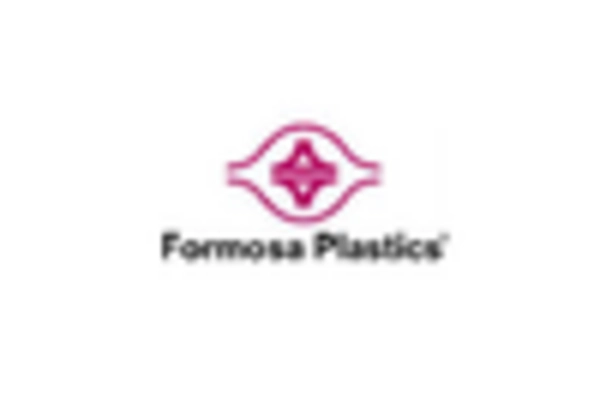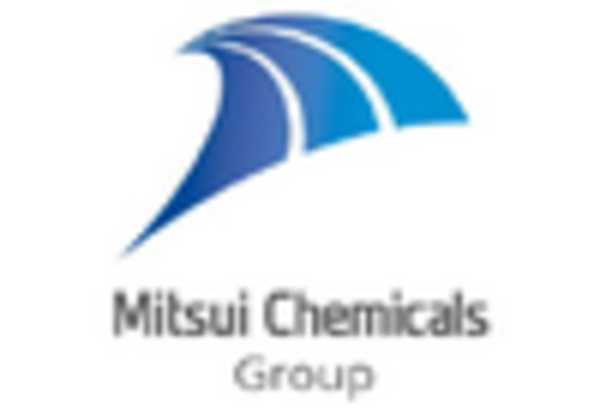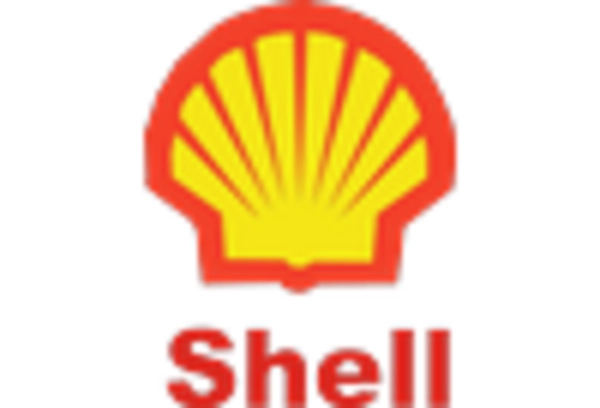Market Share
Phenol Market Share Analysis
To develop and grow in the dynamic Phenol market, players use numerous market share positioning methods. Market share, a KPI, shows a company's share of industry sales or revenue. Companies often pursue cost leadership to become the lowest-cost producer. These organizations may offer competitive prices and attract more customers by achieving economies of scale through effective production and supply chain management. This method works well in price-sensitive markets.
Companies often differentiate themselves with distinctive product features, quality, or branding. Companies can charge premium rates and build brand loyalty by offering unique products or meeting customer wants. In marketplaces where buyers value more than price, differentiation and brand familiarity are key to buying decisions.
Companies may target a specialized market segment with a niche strategy. This method tailors products and services to a specific customer base. Companies can achieve respect and loyalty in a niche by specializing. This method works when the market is diversified and enterprises may profit from sub markets.
Phenol market partnerships and alliances are also common. Businesses can access complementary resources, technology, and distribution channels by partnering. Synergies can boost market share and competitiveness. In industries where innovation and technology are crucial, this strategy helps organizations stay ahead through research and development.
In addition to these measures, organizations seeking market share should explore market expansion. Entering new regions or countries lets companies reach new markets and diversify their client base. Similarly, product diversification entails supplying more products to meet more client needs. Sustainable growth and market share gains require these expansion tactics.
Phenol firms also use mergers and acquisitions to gain market share. Acquisitions of competitors or complementary businesses help organizations acquire economies of scale, lessen competition, and increase market dominance. The full potential of this strategy depends on successful post-acquisition integration.


















Leave a Comment